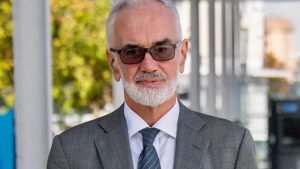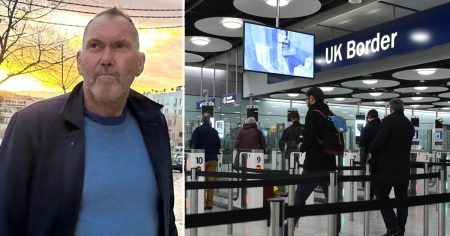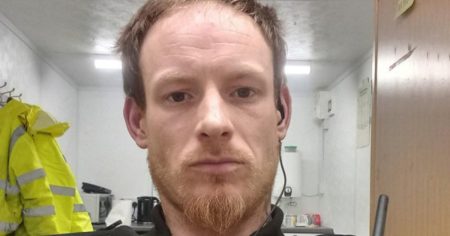The disappearance of a loved one triggers a chain reaction, a desperate scramble to ensure their safe return. Posters blanket the streets, social media appeals spread like wildfire, and news articles plead for information. While many missing individuals eventually return home, the ordeal doesn’t simply end with their reappearance. The experience of going missing can be profoundly traumatic, leaving lasting scars on both the individual and their loved ones. The reasons behind disappearances are complex and multifaceted, often rooted in underlying issues that require attention and support. The return home can be equally complex, fraught with emotional challenges, the need for healing, and the difficult process of reintegrating back into everyday life.
Missing People, a UK charity, works tirelessly to not only locate missing individuals but also to understand the underlying reasons behind their disappearances. Through interviews and research, they’ve uncovered a disturbing pattern: a significant majority of missing adults grapple with diagnosed or undiagnosed mental health issues. Relationship breakdowns, dementia, crippling financial problems, and the desperate attempt to escape violence are also significant contributing factors. The picture for missing children is equally troubling, with over half experiencing conflict, abuse, or neglect at home before their disappearance. A shocking proportion are victims of sexual exploitation, particularly children in care who often become trapped in a cycle of repeated disappearances.
The public reaction to missing person appeals can be a double-edged sword. While many offer support and share information, a disturbing trend of online judgment and ridicule often surfaces, especially in cases of repeated disappearances. This judgment often fails to recognize the underlying vulnerabilities and systemic issues that contribute to these situations. The charity has also observed a troubling racial disparity in public and media responses to missing person cases. Families of color often face an additional layer of racist backlash online, making them hesitant to engage with the media, hindering the search efforts, and adding another layer of trauma to their already agonizing experience.
Research highlights the disproportionate vulnerability of Black children, who are not only more likely to go missing but also remain missing for longer periods. This disparity points to systemic inequalities in resource allocation and media attention. While high-profile missing person cases often dominate headlines, they tend to feature white individuals, suggesting a potential bias in resource allocation and media coverage. Missing People stresses the importance of diligent media reporting and swift police responses to ensure equitable treatment for all missing individuals, regardless of their background.
The charity’s work goes beyond search and rescue; they strive to amplify the voices of missing individuals and advocate for policy changes that address the systemic issues contributing to disappearances. They gather feedback from those who have gone missing to understand their experiences and improve support services. This feedback has led to changes in the language used by the charity, moving away from potentially stigmatizing terms like “runaway” and adopting more sensitive and person-centered language. They also work to improve collaboration between different agencies involved in missing person cases, advocating for a more holistic and integrated approach.
Missing People has played a crucial role in shaping legislation that protects the rights and interests of missing individuals and their families. The Guardianship (Missing Persons) Act, passed in 2017 after a nine-year campaign by the charity, empowers families to manage the affairs of their missing loved ones, providing a much-needed legal framework for handling practical matters during their absence. The charity also focuses on preventing future disappearances, particularly among children who have gone missing before, and reducing the tragic number of fatalities associated with these cases. They advocate for enhanced multi-agency collaboration, led by the government, to address the complex social issues that often contribute to disappearances. Currently, the responsibility for missing persons often falls disproportionately on the police, neglecting the broader social context and the need for a more integrated approach involving various agencies. Their ultimate goal is to create a system where vulnerable individuals receive the support they need before they reach the point of disappearing, and where those who do go missing are treated with empathy, understanding, and a commitment to their safe return and well-being.











